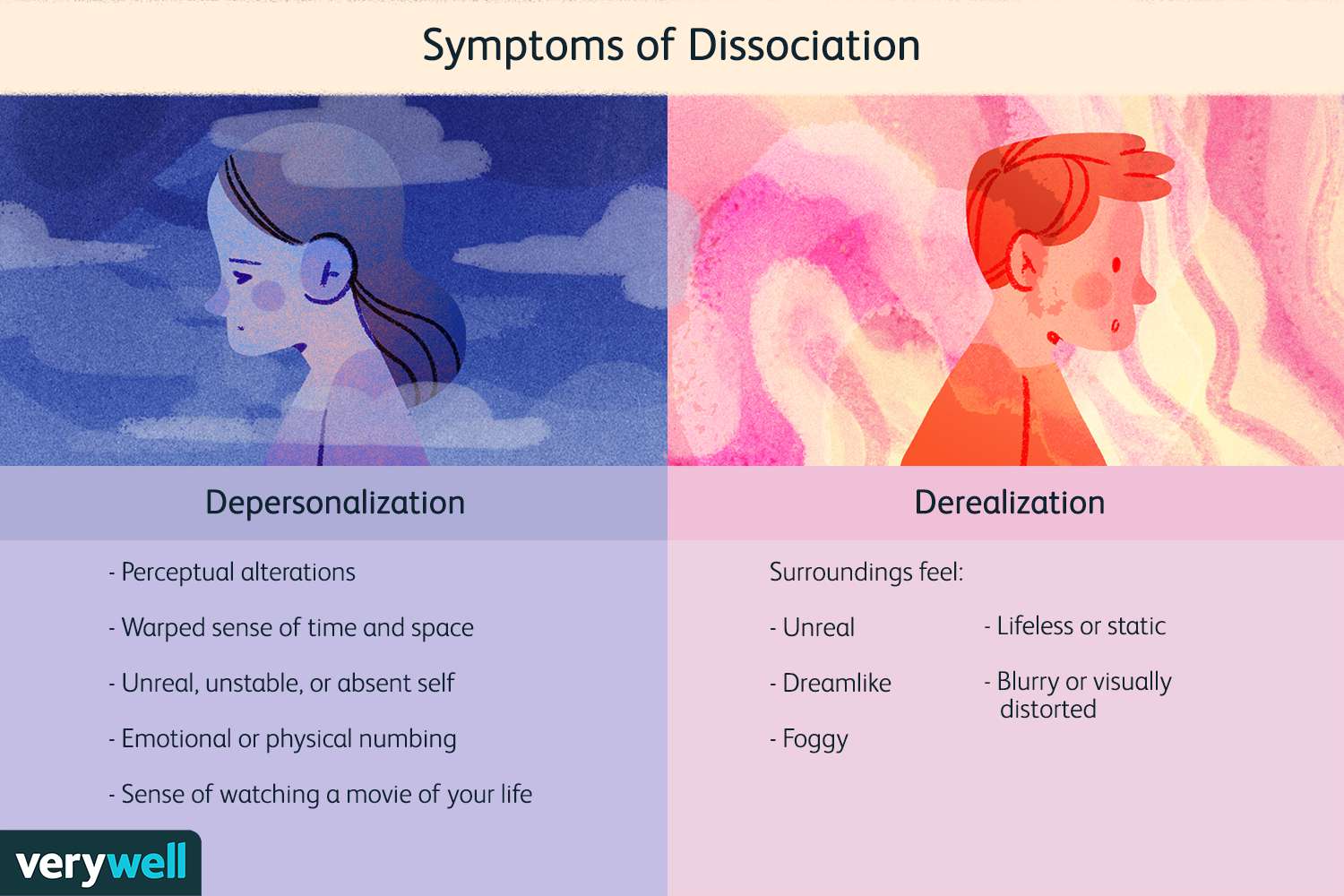Interventional cardiology is a specialized field of medicine that focuses on diagnosing and treating heart diseases using minimally invasive procedures. These procedures involve inserting thin tubes (catheters) into the blood vessels and using specialized tools to access and treat the heart.
Common Interventional Cardiology Procedures
- Angioplasty: A procedure used to open blocked or narrowed arteries in the heart. A catheter with a balloon at the tip is inserted into the artery, and the balloon is inflated to widen the artery.
- Stent Placement: A stent, a small metal mesh tube, is often placed in the artery after angioplasty to help keep it open.
- Coronary Angiography: A diagnostic procedure that uses X-rays to visualize the coronary arteries.
- Percutaneous Coronary Intervention (PCI): A general term for procedures that involve inserting a catheter into the coronary arteries to treat blockages or narrowing.
- Rotablator: A device that uses a rotating diamond tip to grind away plaque in the arteries.
- Intravascular Ultrasound (IVUS): A diagnostic procedure that uses sound waves to create images of the inside of the arteries.
Benefits of Interventional Cardiology Procedures
- Minimally invasive: Interventional cardiology procedures often involve smaller incisions and less recovery time compared to open-heart surgery.
- Faster recovery: Patients can often return home the same day or the next day after an interventional cardiology procedure.
- Improved outcomes: Interventional cardiology procedures have helped to improve the outcomes for many patients with heart disease.
When is Interventional Cardiology Needed?
Interventional cardiology procedures may be recommended for patients with:
- Coronary artery disease: Blockages or narrowing of the arteries that supply blood to the heart.
- Heart attacks: A blockage in a coronary artery that causes heart muscle damage.
- Arrhythmias: Irregular heart rhythms.
- Congenital heart defects: Birth defects of the heart.
- Heart failure: A condition where the heart cannot pump blood effectively.
Interventional cardiology has revolutionized the treatment of heart disease. If you have a heart condition, your doctor may recommend an interventional cardiology procedure.



